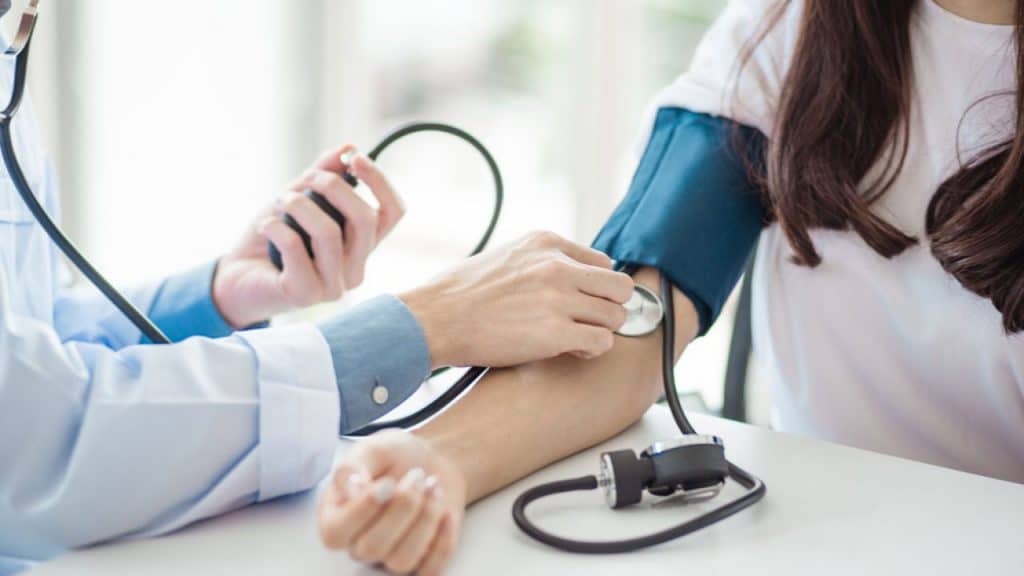One of the conditions most commonly associated with aging is high blood pressure – or hypertension, to give it its proper name. There’s actually a range of factors that can increase your likelihood of hypertension, and because high blood pressure on its own rarely shows symptoms, you may want to know whether you’re at risk.
There’s a big genetic component to high blood pressure. If your parents had it, it’s more likely you will, and there’s nothing you can do about that. Things like stress and poor diet don’t help, however, and those are factors you may be able to control. There are steps you can take before you reach 65, the age at which your likelihood of having hypertension dramatically increases.
You may be wondering why high blood pressure is such a concern if it doesn’t have symptoms in its own right. Does the fact that it currently sits at 140/90 instead of 120/80 actually make a big difference to your overall health? The answer is yes.
If you have hypertension, you’re at a bigger risk of having a stroke or a heart attack. You could also develop other heart problems, kidney disease or even vascular dementia. Aortic aneurysms also become more likely. It generally means a lot more strain on your body’s organs and blood vessels, from the eyes to the kidneys and all that’s in between. You may develop any of these conditions without high blood pressure, but if you do have hypertension, the danger is increased.
So, what should you do? Some of the most obvious steps you can take (excuse me if you’ve heard this before) are to stop smoking and reduce your alcohol intake. These are both major factors in increasing your risk of hypertension. Eating a healthy, balanced diet without too much salt and making sure to exercise regularly are also important, helping you lose weight while improving heart health. High blood pressure has been associated with obesity.
These sorts of lifestyle changes are generally the starting point for either reducing the risk of developing high blood pressure or helping lower it again if it is already creeping up too high. If these adjustments prove ineffective, you may have to try medication. Your doctor will be able to advise you on the best course of treatment for your personal circumstances.
Some of the most common hypertension medications are what are known as angiotensin converting enzyme (ACE) inhibitors. There are also angiotensin receptor blockers (ARB). Other options include diuretics, beta blockers and calcium channel blockers. Some of these medications may even need to be taken in combination, depending on your specific situation. You generally need to take them at least once a day.
When it comes to knowing if you have high blood pressure or not, the only way to find out is to have it measured. You can buy blood pressure monitors to use at home if you’re worried, or a doctor or nurse can do it as part of a regular checkup. It certainly explains why measuring your blood pressure is so often part of a medical appointment, even if it doesn’t seem obviously related to the reason for your visit.




